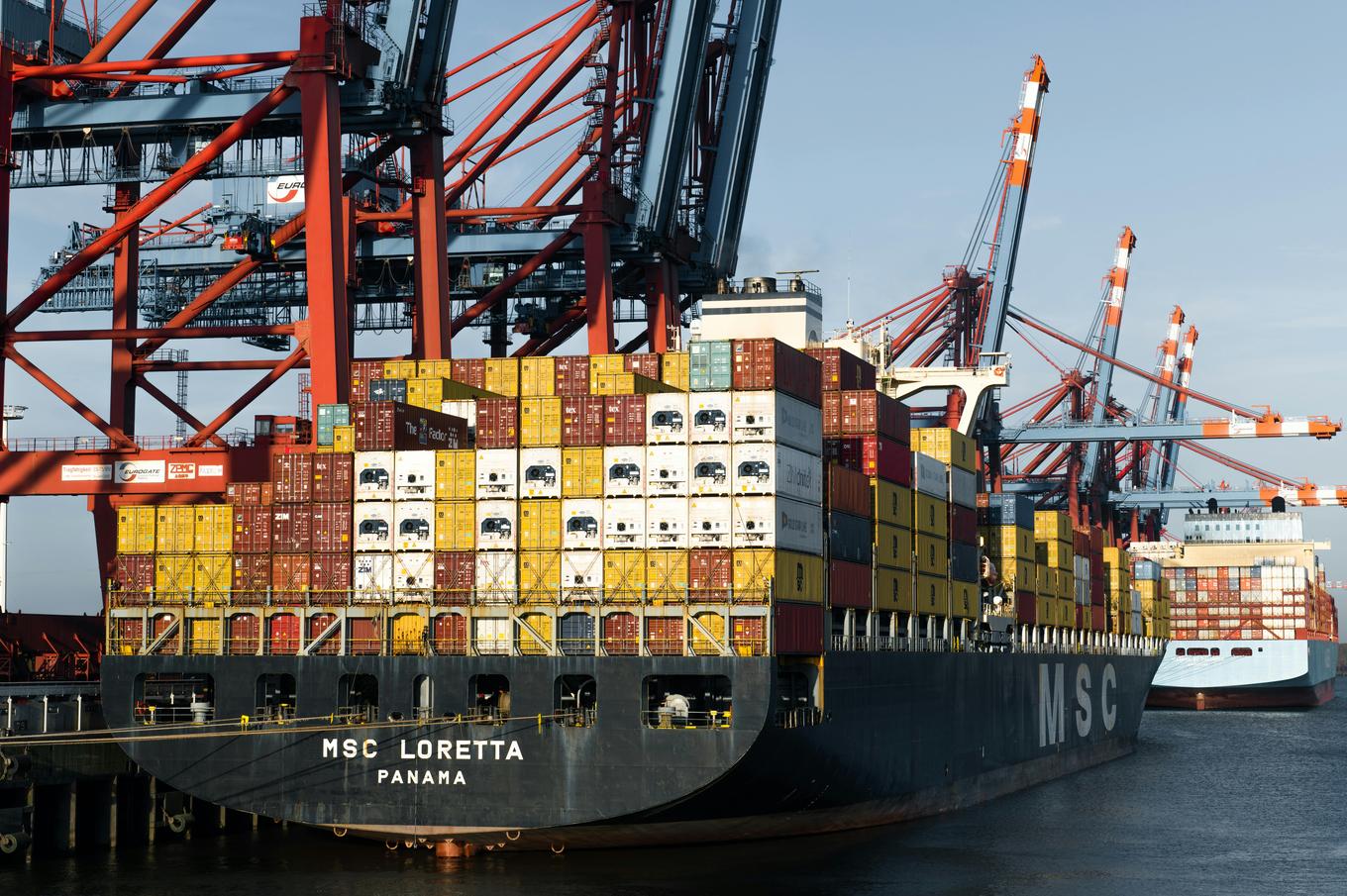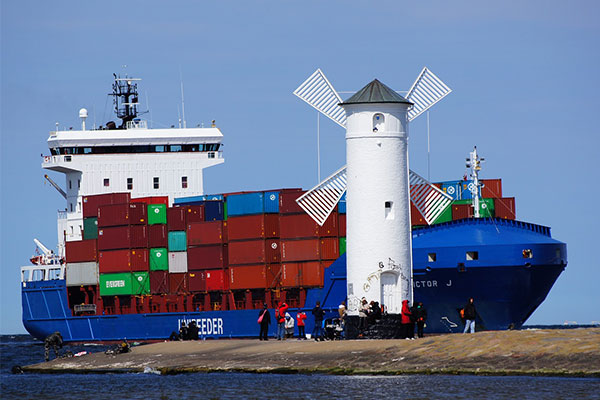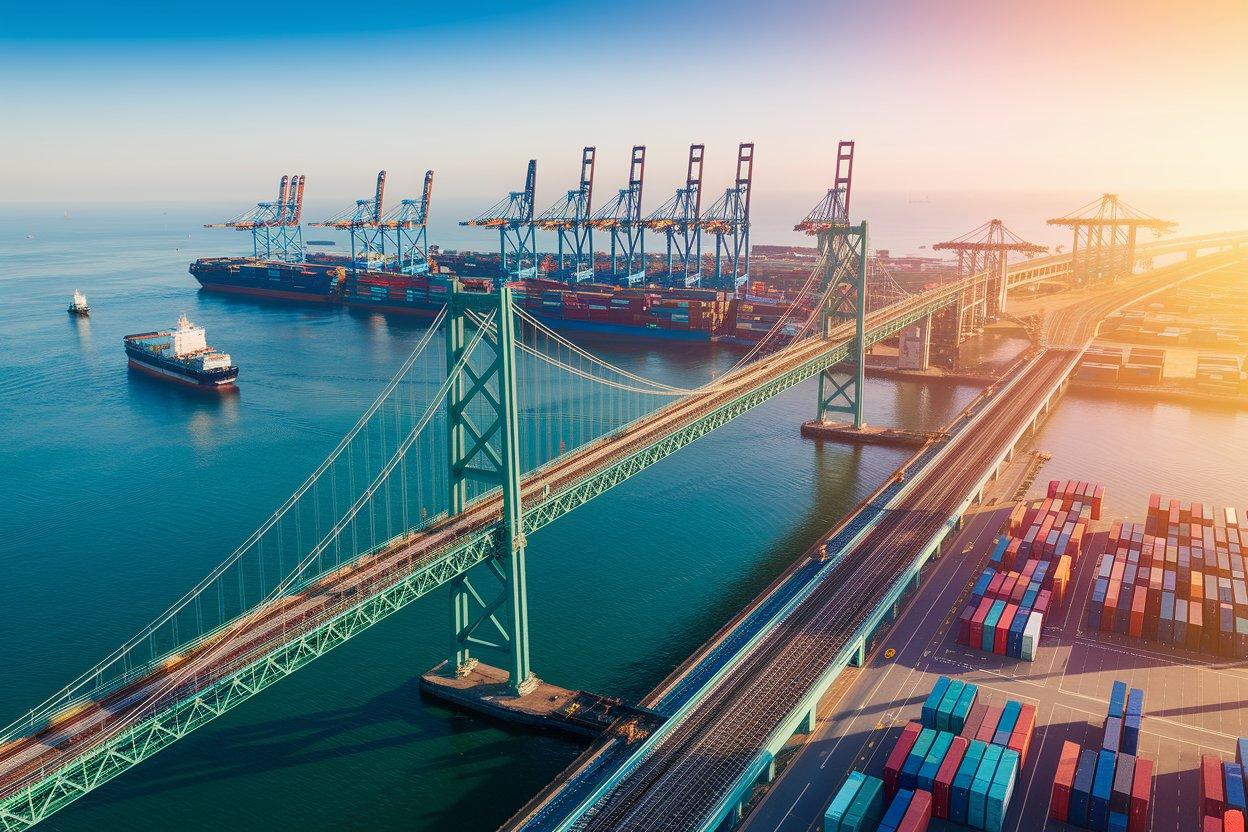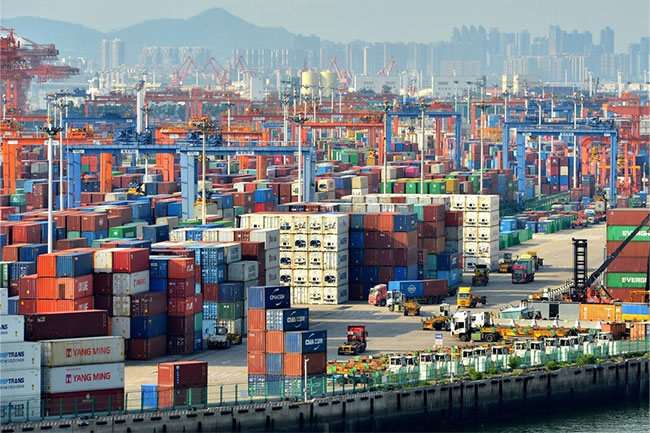- Shanghai Zhongshen International Trade Co., Ltd. - Two decades of trade agency expertise.
- Service Hotline: 139 1787 2118
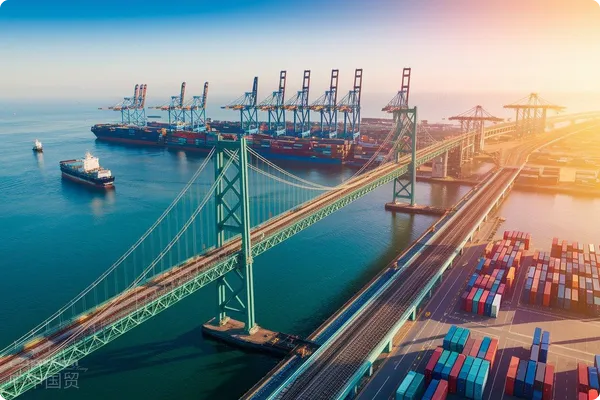
Contents
ToggleExport RepresentationHow exactly is the scale calculated?
In the international trade environment of 2025, the scale of an agency company is primarily assessed based on three core indicators:
- Annual turnover stratification:
- Super large agent: Annual export volume exceeding $5 billion (e.g., Sinotrans, DHL Supply Chain)
- Medium-sized agency: $500 million to $5 billion (regional leading enterprise)
- Professional Agent: $100-500 million (Specialized in Specific Categories)
- Service network density:Including the number of ports covered by in-house customs clearance teams, overseas warehouse location distribution, and the tier of partnered shipping companies.
- Qualification Matrix Completeness:Do you hold specialized permits such as AEO certification, hazardous materials transportation qualification, or cold chain logistics certification?
Do large companies always charge more? How does scale affect the cost structure?
A comparison of agent quotations in the Yangtze River Delta region for 2025 reveals:
- Critical point of scale effect:When the monthly export value exceeds $3 million, the unit cost for large agencies decreases by 18-25%.
- Hidden cost differences:
- Ultra-large agency: Space guarantee rate of 98% vs. 85% for small and medium-sized agencies.
- Compliance costs: The inspection rate for AEO-certified enterprises is only 0.5%, while that for ordinary enterprises reaches 3.2%.
- Example of Service Fee Composition:
- A listed agent: Customs declaration fee of $120 per shipment + 0.15% commission on cargo value.
- Regional Agent: Customs clearance fee $80 per bill + 0.25% commission on cargo value.
What scale of agency should my business size match?
Based on the 2025 General Administration of Customs enterprise survey data, it is recommended:
- Commodity exporters:Give priority to enterprises with service outlets covering the top 20 ports globally.
- Cross-border E-commerceSeller:Select an agent with direct connectivity to overseas warehouse systems (API integration quantity verification required).
- Special categories (e.g.Medical EquipmentApplicable to some electronic products.It is necessary to verify whether the agent has ISO 13485 certification.
- Testing the waters in new markets phase:It is recommended to select regional agents with a localized service team of more than 5 members.
Three Scale Perception Misconceptions to Avoid When Choosing an Agent
- Misconception 1:"A large number of branches = good service"
The actual years of experience of the specific service team should be verified. Although a certain Hong Kong-based agency has 80 offices worldwide, the average tenure of its emerging markets team is only 1.8 years.
- Misconception 2:"Listed companies are safer"
Industry data for 2025 shows: small and medium-sized specialized agencies resolve disputes 27% faster.
- Misconception 3:"Registered capital represents strength."
It is recommended to focus on examining the company's customs credit rating over the past three years, rather than its business registration information.
New Trends in Scale Assessment for 2025
Intelligent technology is transforming the standards of scale assessment:
- The number of enterprises adopting blockchain customs clearance applications has become a new benchmark (currently, only 23 agents nationwide have gained access).
- The Carbon Neutral Logistics Capability Certification (CCTC) is beginning to influence the selection of agents in the EU market.
- The crisis response team configuration standard has been upgraded, requiring the capability to handle emergencies at more than three ports simultaneously.
Related Recommendations
? 2025. All Rights Reserved. Shanghai ICP No. 2023007705-2  PSB Record: Shanghai No.31011502009912
PSB Record: Shanghai No.31011502009912
